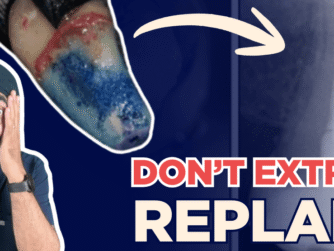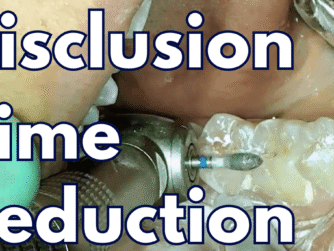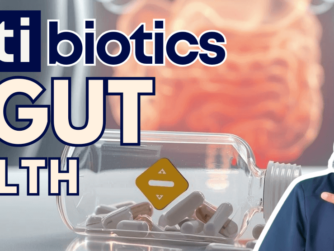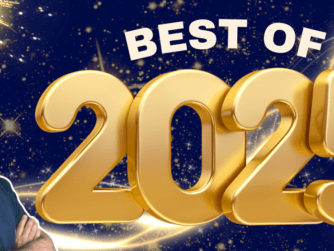Podcast: Play in new window | Download ()
Subscribe: RSS
We have switched roles! In this episode Jaz gets interviewed by Dr. Devang Patel on The Ultimate Dentist Podcast. The focus here is bigger picture stuff: trying to improve your clinical skills, finding your niche, dealing with imposter syndrome, burnout and the need for FOCUS!
“Gain some self-awareness, figure out what your strengths are, and play to your strengths in your life, in your relationships, in your career, and everything!” Dr. Jaz Gulati
Highlights of this episode:
- 3:34 Motivation and Challenges in doing Dentistry
- 7:17 Niching down in Dentistry
- 11:55 Becoming more focused on the path you chose
- 16:35 Journey in implementing what you learned in clinical practice
- 17:38 Protrusive Dental Podcast Journey
- 21:51 Dealing burnout in Dentistry
- 25:26 Future Plans
- 29:41 Criteria on CPD Courses
- 31:33 Lesson learned on the journey
- 36:50 Golden tips for the new dentists
- 42:16 Improving your Dentistry
Want to expand your horizon with TMD and Splints? Check out SplintCourse for a comprehensive online course.
If you enjoyed this episode, do check out Adhesive Full Mouth Rehabs in 11 Appointments with Dr. Devang Patel







